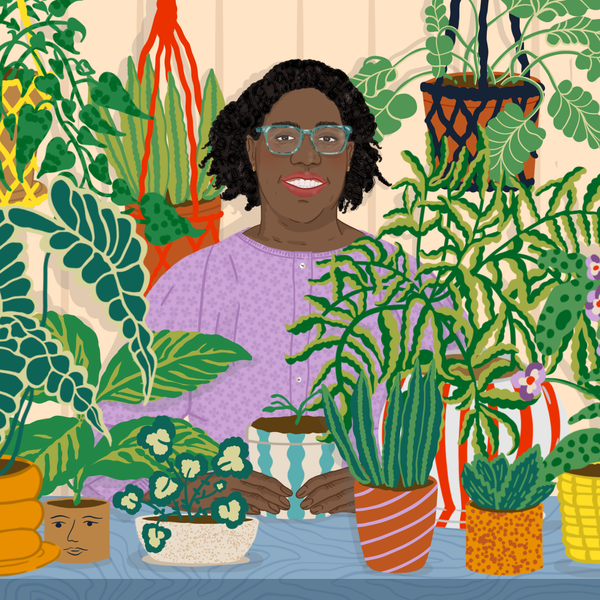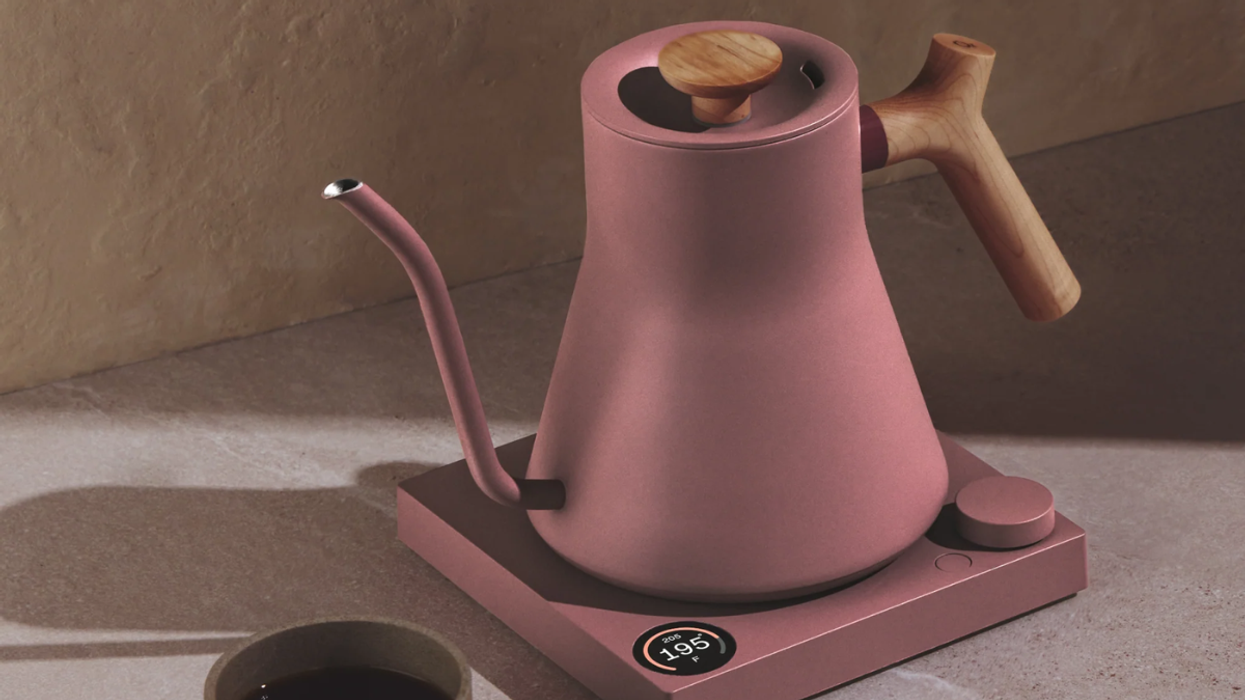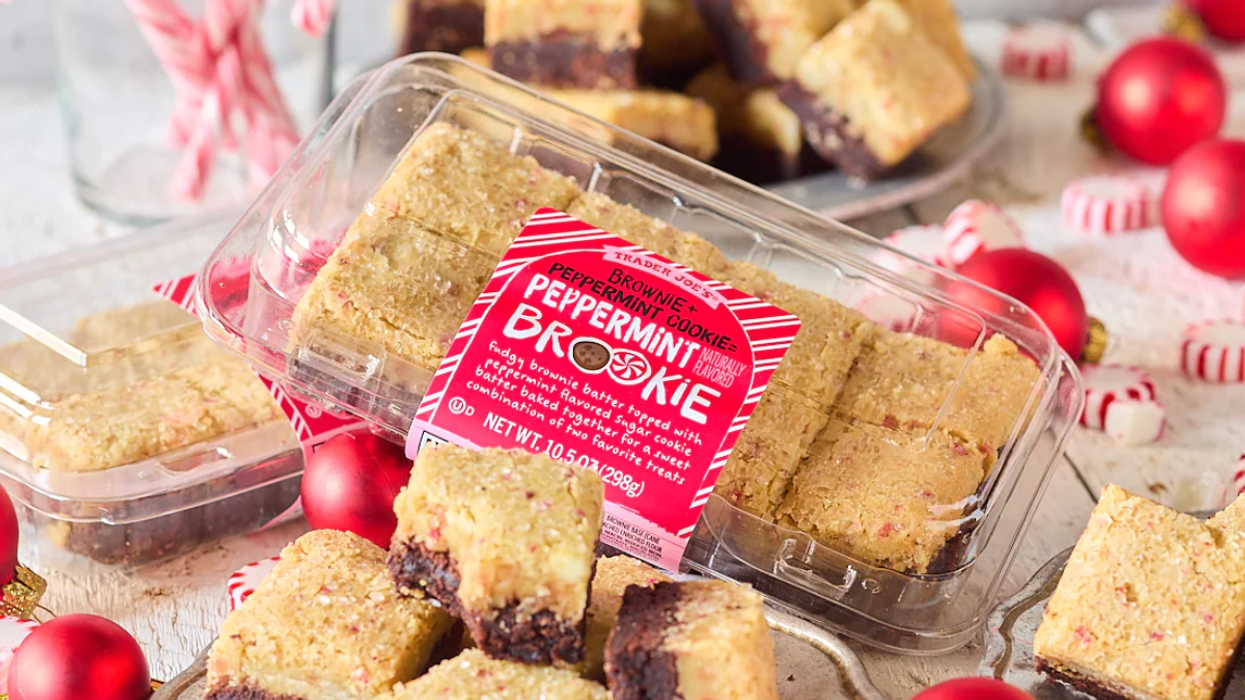Beauty is more than skin-deep.
How This Entrepreneur Is Trying to Create the Sephora of Clean Beauty
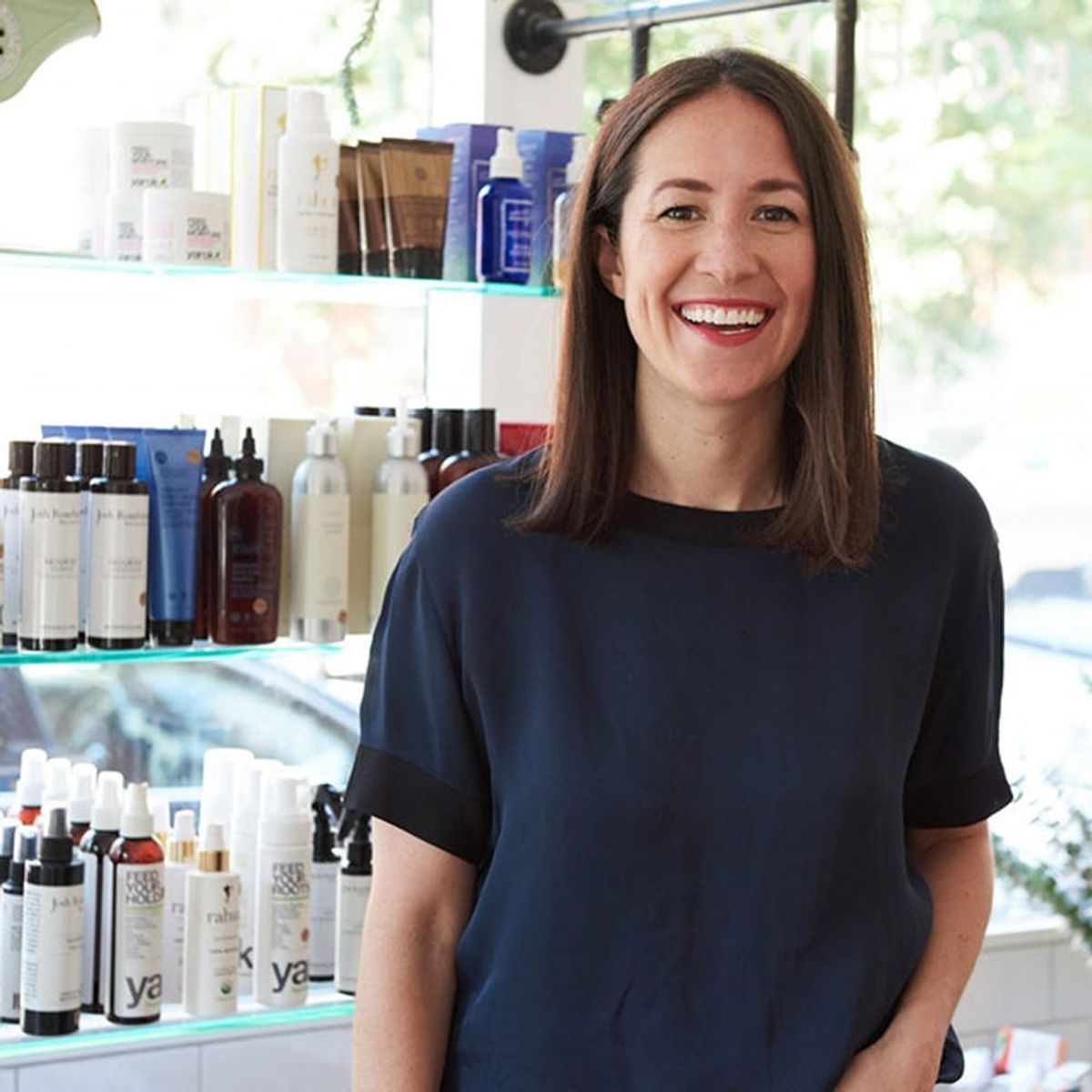
Like so many of us, Tara Foley admits that she once used food and fitness to help make the rest of her chaotic life feel more under control. It was 2009, and she was working at a high-pressure corporate law firm in New York City while she prepared to take the LSAT, a process that — she hoped — would lead to the fulfillment of her years-long dream of becoming a lawyer and pursuing a career in advocacy and public policy. While there was a promising outcome for this period in Foley’s life, it was not an easy one to navigate.
“I was working all of these hours and the only way that I could feel good about myself and like I was in control was to take care of myself, health-wise,” she tells us. “I was cooking healthy meals. I was exercising a ton. I was shopping organic. It felt really good to take care of myself.”
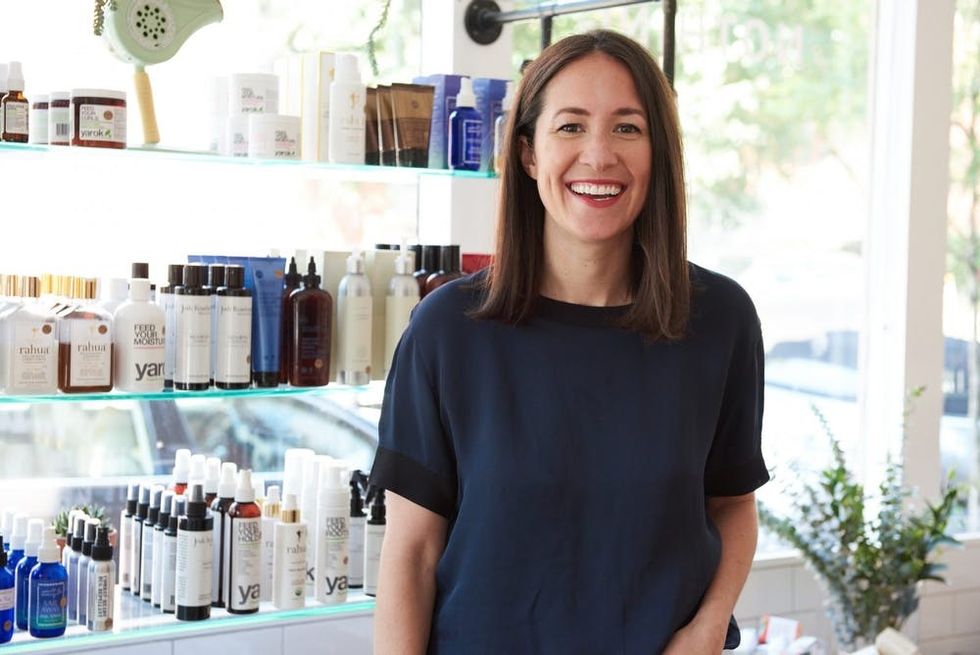
While in the midst of researching new healthy recipes and wellness hacks, Foley stumbled upon resources that suggested there was another threat to her health: the mainstream beauty industry. A self-proclaimed “total beauty junkie” at the time, the then law clerk was shocked to find that many of the ingredients in her go-to products weren’t good for her body. Suddenly, all of Foley’s other healthy habits seemed out of alignment with what she was putting on her skin.
Foley did what any passionate person in 2009 would do: She started a blog. The space was a platform for her to share her research about the lack of regulation in the beauty world and to feature interviews with people she was meeting in the clean beauty industry — which, at the time, was very small.
“There were so few of the [clean beauty] brands that exist now,” Foley recalls. “They wished they had a Sephora or a Blue Mercury of all clean, green, beautiful products. I honestly think that there weren’t enough brands on the market at that point to fill a store, but it definitely piqued my interest.”
After two years of working on her blog, Foley decided that she wanted to take her passion for advocacy to the beauty industry. When she quit her job at the law firm — a decision she calls “one of the harder ones” she’s had to make — she opted to spend four months living and working on a lavender farm in France through a program called World Wide Opportunities on Organic Farms. There, she learned the ins and outs of farming, an on-the-ground education that’s proved helpful in her subsequent career in the natural beauty industry, since she can converse comfortably about different growing methods.
Shortly after her stint at the lavender farm, Foley was accepted into the MBA program at Babson College with a focus on entrepreneurship, which would give her the time and space she needed to come up with a business plan for the company she’d decided to start sooner rather than later. Though it went through many different iterations over the course of her time at Babson, the plan for Follain — Foley’s retail destination for all things natural beauty, named after the Gaelic word for “healthy” and “wholesome” — ultimately secured her victory in a national retail business plan competition. The win meant a cash prize, along with real estate connections who encouraged Foley to make the bold move to sign a lease for a store in Boston. She graduated from Babson in May 2013, and Follain’s first store opened its doors in July 2013.
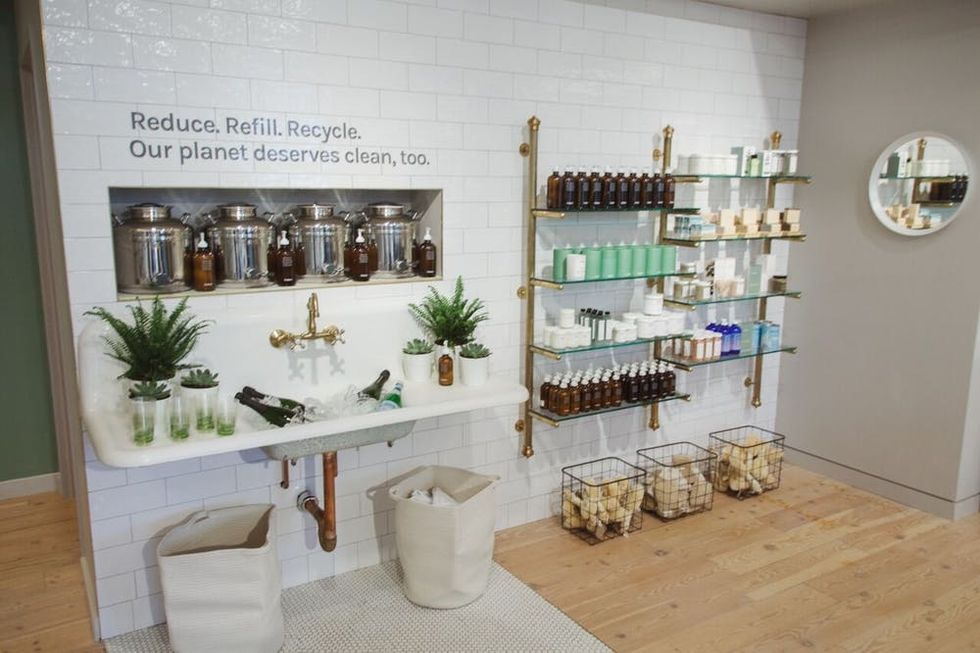
Five years later, Foley, now 33, says that the growth of the natural beauty industry has done wonders for business. “Women all across the country are ready for it,” she says. “Most women get it and they’re ready to make cleaner beauty decisions. And now they’re rooting for it and they need a place to go.”
Follain — which offers products online and in four (and counting!) brick and mortar stores — has become one such place to go. And while Foley isn’t saying “I told you so!” as the rest of the world comes around to the idea of clean beauty that she embraced back in 2009, she does hope that the industry is adopting it as more than just a trend.
“I’m so psyched that everyone is on board,” she says. “What gets me frustrated is when retailers and brands are jumping on board and not supporting it with the level of education it needs. Clean beauty is disruptive.”
Foley takes pride in offering customer education at Follain for shoppers who might be new to the clean beauty movement. “My favorite part is… working with customers every single day and watching them realize that these healthy products and healthy ingredients make them feel better and deliver this great experience,” she reflects.
While Foley credits much of her success in the clean beauty industry with her relentless passion for helping people live their healthiest lives, she also encourages aspiring entrepreneurs to be open about their dreams, rather than keeping them a secret while they’re in development.
“There’s this huge misconception that somebody will steal your idea if you share it with too many people,” she says. “Ultimately, if you aren’t creating the best version of it, you’re never going to win, anyway. By sharing your concept with as many people as possible, it’s going to help make it the best it can be. I think the best thing I did was talk to as many people as possible before launching.”
Luckily for all of us, Foley was ahead of the curve.
Are you into clean beauty products? Tweet us your faves @BritandCo!
(Photos via Follain / Megan Rogers)


